In 1866, the American Missionary Association (AMA) founded Fisk University in Nashville, Tennessee, to provide an education for freed enslaved Black people. In 1871, in order to raise money for the school, the White man who was the school's treasurer and music teacher formed a choral group of ten students to tour the northern United States. The group was given the name "The Jubilee Singers" during the tour, and changed their repertoire from hymns, popular tunes of the day, and patriotic songs to the spirituals for which they became well known.
The name of the group comes from a verse from Leviticus in the Bible about the year of jubilee when enslaved people were set free. This original group stayed together until 1878 when it was disbanded, but was reformed with different performers over the years. The group continues to perform and tour to this day, and the members are from the Fisk University student body. In 2008, they were awarded the National Medal of Arts by President George W. Bush. In 2021, their recording Celebrating Fisk! The 150th Anniversary Album won a Grammy for Best Roots Gospel Album.
In 1872, Gustavus D. Pike wrote a book about the choir's fund raising entitled "The Jubilee Singers, and Their Campaign for Twenty Thousand Dollars." The library has the original book published in 1873 in Boston by Lee and Shepard, Publishers, as part of its Research Collection in Music (call number MUSIC ML400.P63). The above picture is of Jubilee Hall, the oldest building on the Fisk University campus and the reason for the fundraising. It was completed in 1876.
The preface to the book reads as follows:
"The following pages were prepared at intervals during the summer vacation, for the purpose of answering numerous questions about the Jubilee Singers. The statements respecting the illiteracy of the South, the campaign for Twenty Thousand Dollars, the Fisk University, and the American Missionary Association, are reliable. The personal histories were gathered chiefly by a former teacher of Fisk University, who has rendered me great service in preparing this volume for the press in season for our coming campaign for the further endowment of that institution. That the reader may be inspired with a noble enthusiasm to repair the damages done by Slavery, and to restore fourfold to a race that has been wronged, is the most earnest wish of the author. G. D. P. Acton, October 1, 1872."
Pike belonged to the AMA, an organization formed in 1846 in Albany, New York. AMA's purpose was the abolition of slavery, the education of Black people, and the promotion of racial equality. Pike toured with the Fisk Jubilee Singers as part of his work with the AMA, and wrote the book to chronicle the group's tour and provide readers with more information about the group and its individual singers.
Pike wrote about time spent in Boston:
"On Saturday of this week we gave our second matinee at Tremont Temple. We were well advertised, and the crowd that gathered was immense. General Clinton B. Fisk was present, and made a very pleasing address. The gross income of this concert amounted to twelve hundred and thirty-five dollars, which was the largest amount, exclusive of gifts, ever received at a single entertainment. The Sabbath found us at Berkeley Street and Park Street Churches, where there were great gatherings. The meeting at the Park Street Church was in behalf of temperance, though the collection was for our institution. The night was very stormy, yet every inch of standing room seemed to be taken. Able addresses were delivered, and many slave songs sung. The students also sang several temperance melodies, and among the number, 'Wine is a mocker.' Miss Sheppard sang in the duet in this, with her sweet, cultivated, plaintive voice, never so well, and little Minnie dropped into it, opportunely, her clear, rich alto, while the chorus came up in support with masterly effort. It was perfectly electrical. The applause was terrific. I remember seeing an eminent D. D. spatting his hands with an energy that I fear would have put to blush the fathers who stood where he did during the early history of this venerable church. Nothing seemed sufficient to check the enthusiasm, till Deacon Farnsworth directed that the contribution boxes be passed."
The choir performed a cappella (without any accompaniment), and their performances were such a success that imitators sprung up at other educational institutions. Pike's book includes the words and musical transcription of 61 of the spirituals the group sung.
The original members:
Items held by the Boston Public Library
Books
The Jubilee Singers, and Their Campaign for Twenty Thousand Dollars
The Jubilee Singers and Their Songs
Slave Spirituals and the Jubilee Singers
Tell Them We Are Singing for Jesus
Spirituals and the Birth of A Black Entertainment Industry
Printed Music Scores
Sound Recordings
Fisk University Jubilee Singers, in Chronological Order
Other Resources
Streamed Video
Jubilee Singers: Sacrifice and Glory
Walk Together Children: The 150th Anniversary of the Fisk Jubilee Singers
Streamed Audio
The Jubilee Singers, by Adrian Mitchell

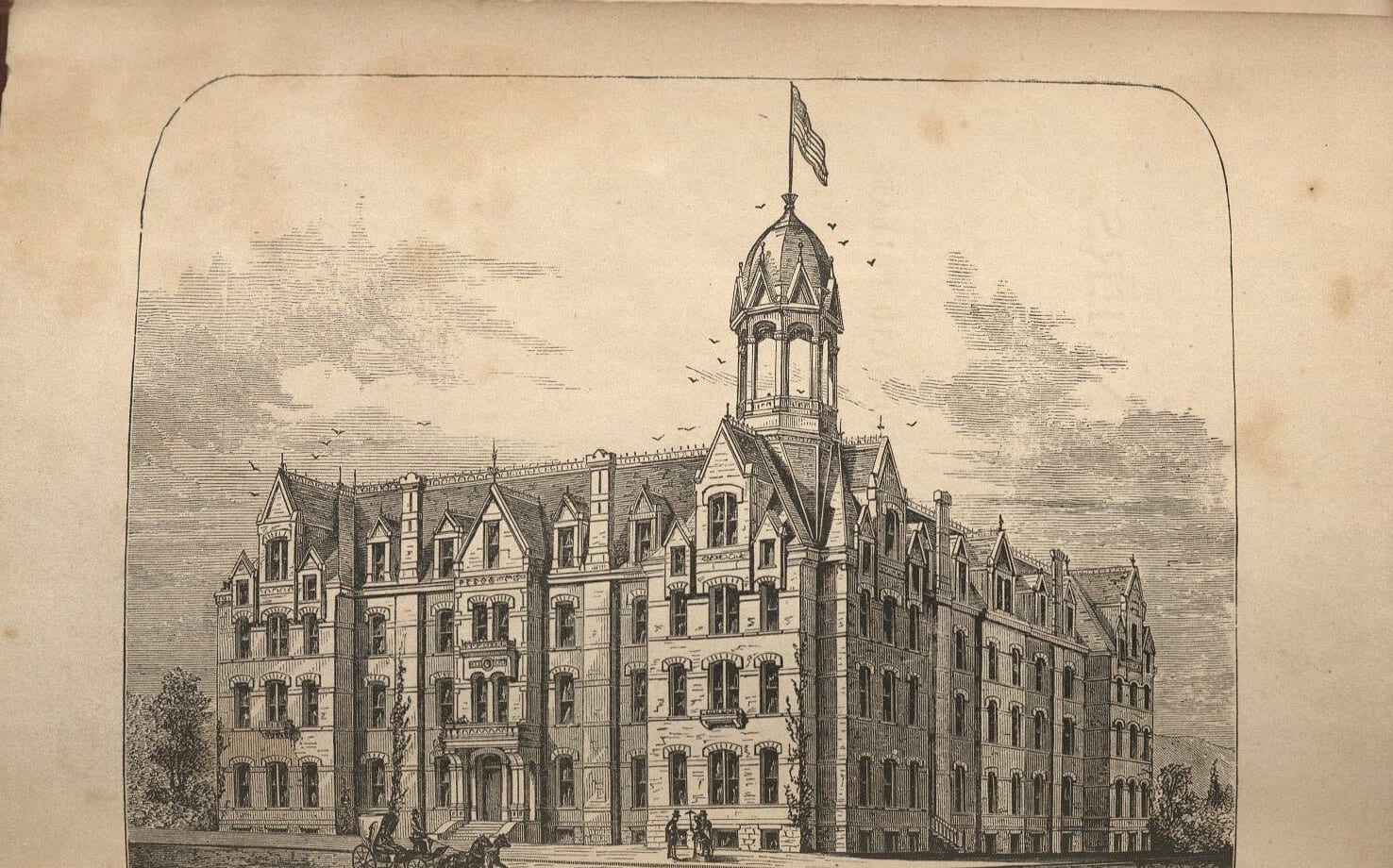
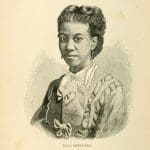
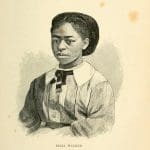
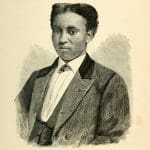
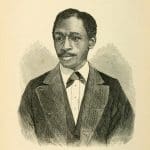
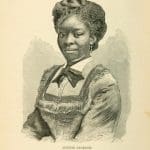
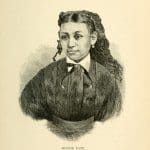
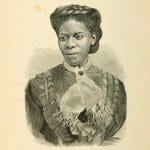
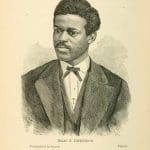
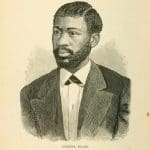

Add a comment to: The Jubilee Singers